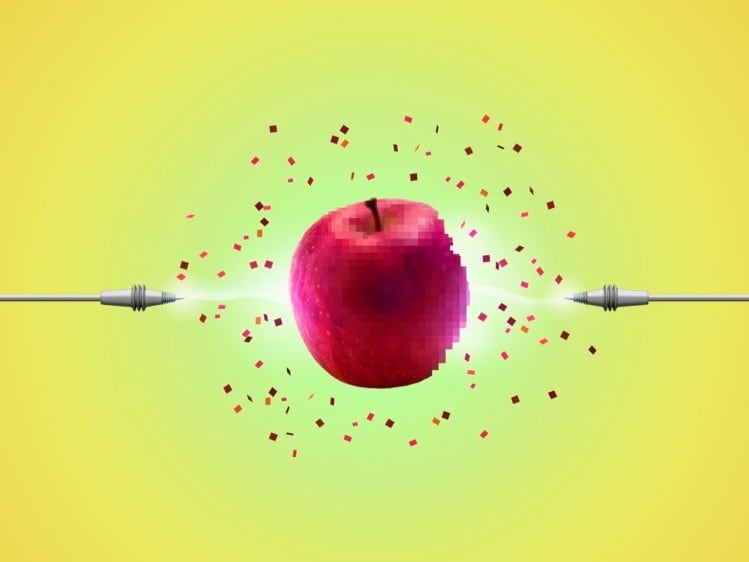According to the non-profit organisation, the ‘great changes in consumption habits and behaviours’ that resulted from the COVID-19 pandemic have not stood in the way of innovation projects that aim to improve sustainability in the food chain, efforts to improve the nutritional profile of products, or the promotion of emerging technologies.
“Vectors such as sustainability, health and the strength of emerging technologies were presented at the beginning of 2020 as key aspects to take into account for the agri-food sector and they have been protagonists during these twelve months. Although the initial shock of the COVID-19 could seem at first a brake for many trends, it has acted as an accelerator of some,” the technology centre noted.
CNTA’s top four trends for 2021
#1 – ‘Consolidation’ of plant protein
CNTA highlighted the ongoing rise in vegetable protein alternatives, with Spanish brands such as Maheso and Campofrio joining the trend with their own product launches. Distributors such as Aldi and Lidl and also trialling new plat-based propositions in Spain.
Looking ahead to 2021, CNTA predicted that plant-based would continue to be in the ascendancy, with high profile launches like McPlant by McDonald's preparing for rollout. Market and investment growth is expected to continue to rise.
#2 – Sustainable packaging
Aligned with a broader push from food industry players around sustainability, CNTA predicted that packaging will be an important area for sustainable innovation in 2021. Developments around the use of recycled plastics and new materials are expected.
The CNTA noted that such developments are also being spurred at a European level, with initiatives such as the European Union’s Farm-to-Fork strategy influencing the industry. What the organisation described as the ‘regulatory trend’ towards ‘progressive prohibition’ of single-use plastics is expected to have a big impact.
#3 – Healthy eating
2020 was a watershed year for healthy eating, as the coronavirus crisis increased consumer awareness of the link between diet and wellness, opening new doors to innovation.
As Sergio Rodríguez, a consultant at Punto de Fuga, stressed at the recent CNTA Technology Transfer Conference, 71% of Spanish families are looking for healthy food products. Looking at the consumer outlook, Rodríguez flagged the search for more natural prepared products, an increase in batch cooking, and a return to ‘basic needs’ such as security, which has been accentuated by the pandemic.
Interest in functional foods spiked and the ‘immuno-nutrition’ phenomenon gained ground in the context of COVID-19. This is proving a prosperous ground for innovation and the generation of new business opportunities, CNTA said.
#4 – Digitisation
CNTA said that the development of emerging technologies, such as artificial intelligence and machine learning, are having a profound impact across different links in the food chain.
The research institute suggested COVID-19 has also highlighted the benefit of having tech that allows the storage and interpretation of large volumes of data.
Artificial intelligence and data science represent a ‘revolution’ in the development of sustainable food, the researchers suggested.
Big data, machine learning, AI and deep learning are allowing companies to strengthen their knowledge of new ingredients, creating new foods, developing them in a more sustainable way or identifying consumer tastes.
The research organisation said that these trends all had a significant impact on innovation investment in 2020 and are expected to accelerate moving into the new year.
"The trends that have marked 2020, with their evolution throughout the year, will continue to be sources of interest for companies in the agri-food sector in the most immediate future,” concluded CNTA.




